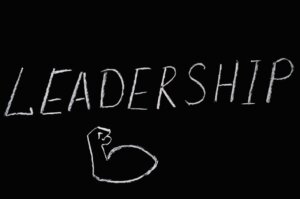Simply put, Action Learning is a group-based process that is proven to generate innovative and creative solutions to address complex problems and opportunities for individuals, teams and organizations.
- Action Learning is an ongoing, highly focused process among 4-8 group members who help each other to address real, current, important problems or opportunities in their lives or work – and learn at the same time.
- In highly structured, Action Learning meetings, members help each other, primarily by sharing thoughtful questions to help report, clarify and frame the priorities and then to generate relevant and realistic actions to address the priorities. The questioning is a hallmark of Action Learning.
- Another hallmark is that members take those actions between meetings. The actions are selected to make an impact on the priority and to generate learning.
- Members accomplish deep and significant learning, especially from reflecting on the questions and the results of their actions between meetings.
There are different perspectives and “schools” of Action Learning, for example, so people believe that Action Learning should include only questions and that any statements are only in response to questions. Others believe there’s a role for advice. This diversity adds to the richness and applicability of Action Learning.
Reg Revans originated Action Learning in the 1930s in the United Kingdom. Today, it’s commonplace in the vast majority of highly effective learning and development programs of organizations around the world.
Here are several quotes that can enhance your understanding of Action Learning.
- “…. learning … consists mainly in their new perceptions of what they are doing and in their changed interpretations of their past experiences.”
— Reginald Revans, original developer of Action Learning - “Action Learning is a process underpinned by a belief in individual potential: a way of learning from our actions, and from what happens to us, and around us, by taking the time to question, understand and reflect, to gain insights, and consider how to act in the future.”
— Krystyna Weinstein, in “Action Learning: A Practical Guide”
Mike Pedler and Christine Abbott wrote “… the acid test is whether people concerned are helping each other to take action on their problems and challenges, and whether they are learning from this work” (Facilitating Action Learning, McGraw Hill, 2013, p. 20).
For more interpretations of Action Learning, see Wikipedia’s definition .
Here are more resources on Action Learning
—
Carter McNamara, MBA, PhD – Authenticity Consulting, LLC – 800-971-2250 Read my blogs: Boards, Consulting and OD, and Strategic Planning .
 Sections of this topic
Sections of this topic
















